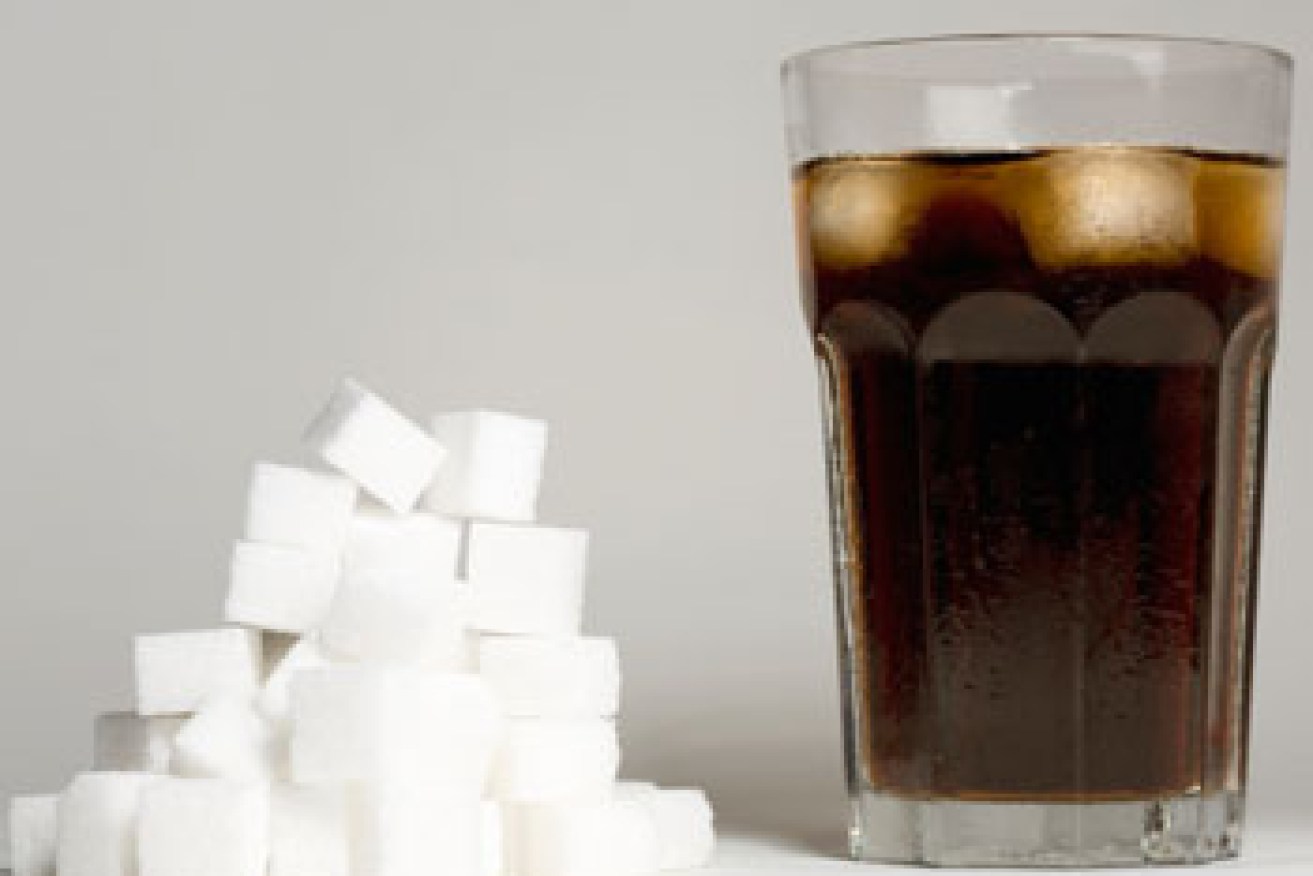Australian soft drinks linked to higher risk of diabetes, study shows

Too much soft drink is very harmful, experts said. Photo: Getty
Soft drinks sold in Australia have higher levels of glucose, which is linked to an increased chance of developing heart disease and type 2 diabetes, a study shows.
An international comparison, published in the Medical Journal of Australia, revealed several popular Australian soft drinks had glucose levels which were 22 per cent higher than those found in the United States.
Professor Bronwyn Kingwell, from the Baker Heart and Diabetes Institute, said the findings were particularly relevant for Australians who drank lots of soft drinks.
“Given that glucose, but not fructose, rapidly elevates plasma glucose and insulin, regular consumption of Australian soft drinks has potential health implications regarding type 2 diabetes and its complications,” she said.
Many leading health organisations — including the Australian Medical Association, the Royal Australian College of General Practitioners and the Consumers Health Forum — have called on the Federal Government to consider introducing a tax on sugar-sweetened beverages, such as soft drinks, to combat rising rates of obesity.
“Given the high rate of consumption of sugar-sweetened beverages and type 2 diabetes and heart disease, these new findings are of significant concern,” Professor Kingwell said.
In Australia, soft drinks are usually sweetened with sucrose, while in the US, high-fructose corn syrup is the main sweetener.
Professor Kingwell said the health effects of having too much high-fructose syrup were well known, including a build-up of fat in the liver.
But she said not as much was known about the health risks of consuming glucose-sweetened drinks.
Professor Kingwell said the latest Australian Health Survey found 39 per cent of all men and 29 per cent of women regularly drank sugar-sweetened beverages, making it the largest source of sugar in the Australian diet.
“Given the already high consumption of sugar-sweetened beverages in Australia and high rates of type 2 diabetes and cardiovascular disease, these new findings are of significant concern and warrant further investigation as soon as possible,” she said.
Research from the Obesity Policy Coalition showed a 20 per cent tax on sugary drinks in Australia could save more than 1,600 lives and raise $400 million per year for obesity prevention initiatives.
Soft drink manufacturers have rejected calls for a sugar tax, disputing the link between soft drinks and obesity.
– ABC








